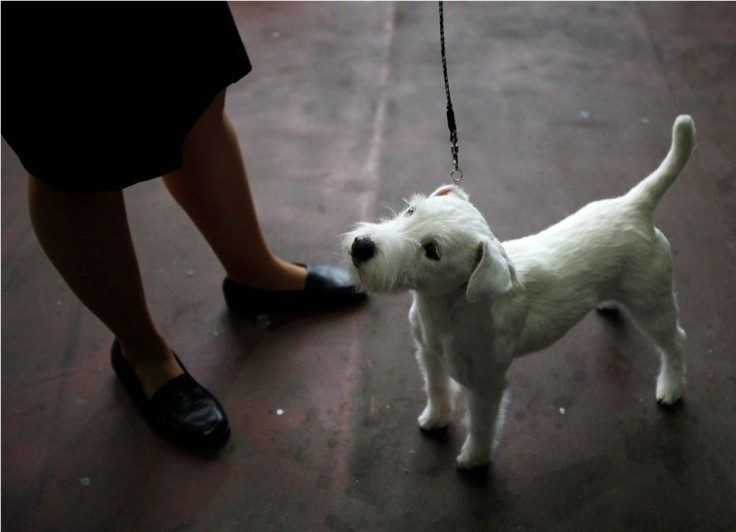Bilingualism Influences Beliefs

Bilingual children are likely to have different beliefs about the world around them than their monolingual counterparts, a new study suggests.
The study by Concordia University indicates that bilingual kids are more likely to believe that psychological attributes are not innate but are shaped by the environment.
The study published in Developmental Science, examined 48 five- and six-year olds who were either monolingual, simultaneous bilingual (those who learned two languages at the same time) and sequential bilingual (those who two languages one after another). The children were told stories about babies born to English parents and then adopted by Italians, and about ducks raised by dogs. They were then asked whether the children would speak Italian or English when they grew up, and whether the duck babies brought up by dogs would quack or bark. The children were also asked whether the ducks brought up by dogs would be feathery or furry.
The scientists, Krista Byers-Heinlein and her co-author, undergraduate student Bianca Garcia, predicted that their own experience of having learnt a language would help the bilingual children understand that human language is not innate, but that all the children would understand dogs barking and similar physical characteristics to be innate.
The researchers found that while sequential bilingual children did believe human language to be a learned trait, they were also more likely to believe physical animal characteristics to be learned traits, i.e. they believed that a duck raised by dogs would grow up to bark rather than quack. Monolingual children were more likely to believe that both psychological and physical traits are innate and bilinguals are more likely to think that all traits are learned.
The study discovered that the way children perceive themselves to have acquired a trait or not, influences their essential beliefs about the world.
To contact the writer, email: sonali.raj@gmail.com





















